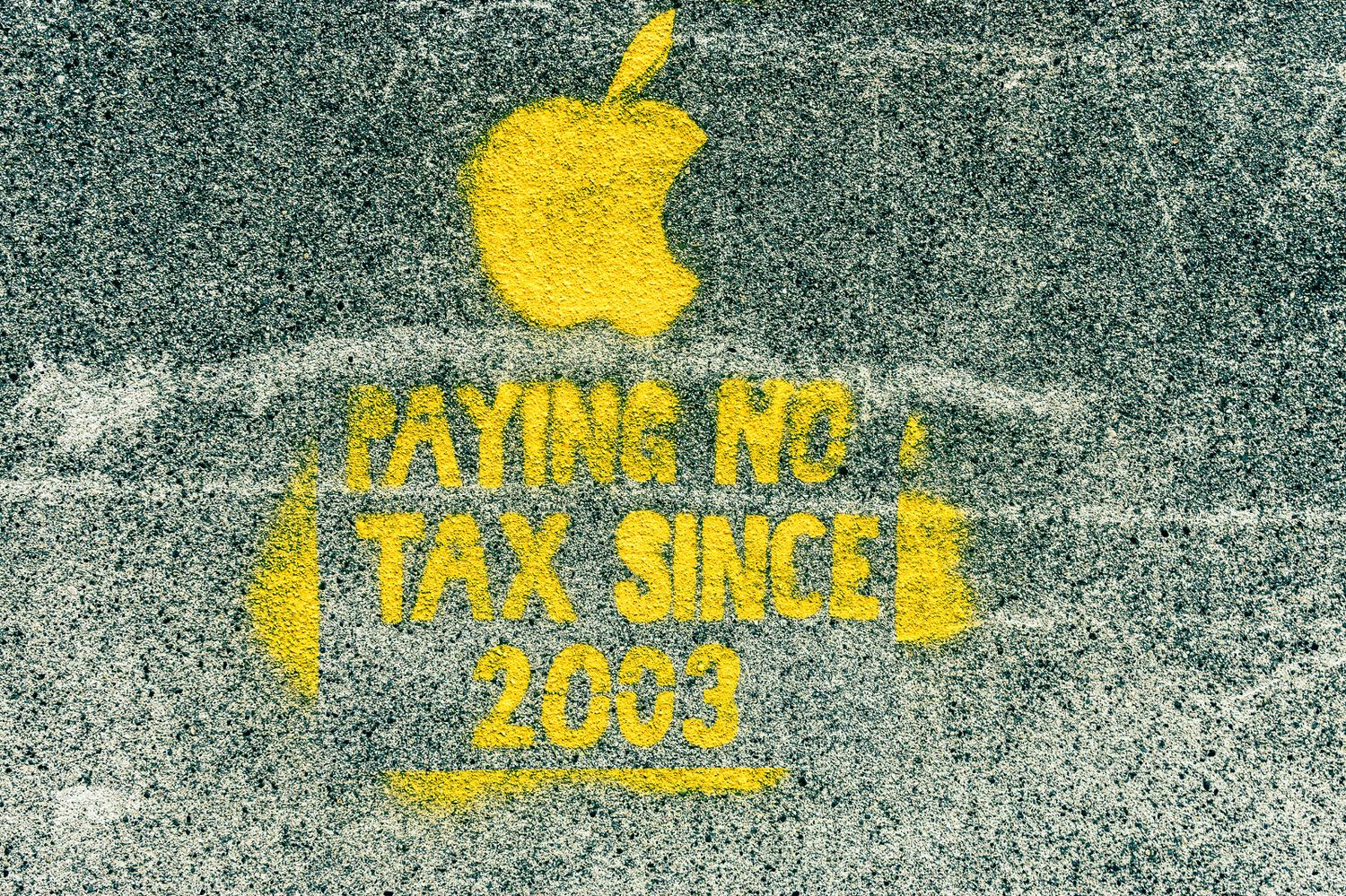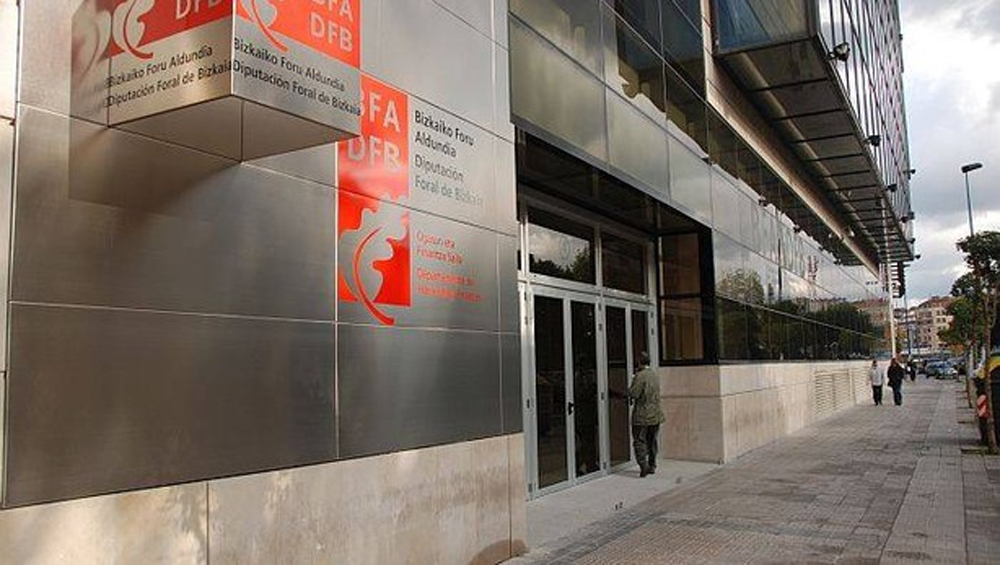Europe imposes a fine of EUR 15 billion on multinationals Apple and Google
- The European Court of Justice (ECJ) has sentenced the Apple and Ireland case and has ratified the conviction of Google for abuse of a dominant position.

Yesterday's was a good day for European fiscal justice and public coffers, and very bad for American tech giants. The Court of Justice of the European Union (EU) has ratified the fine that Apple must pay to the Irish State. This Tuesday’s decision by the Supreme Court has been preceded by numerous contradictory precedents for years, such as a judgment that protected the interests of the multinationals or the Irish Government’s refusal to tax the multinational. A few hours after Apple was convicted, the same court has imposed a fine of EUR 2.4 billion on Google for abusing a dominant position.
The cover that Ireland has had with the apple company comes from a long way. The European Commission (EC) fined Ireland in 2016 for failing to properly collect Apple taxes. In 2020, the European Competition Commissioner, Margrethe Vestager, seemed ready to give that and other blows to the unequal Irish taxation, with the arrival of non-EU companies installing European headquarters in Ireland to take advantage of low taxes. But above all, it had bilateral agreements between the states and the companies that gave these companies the advantages that they denied other companies through the tax ruling or "taxes imposed on the letter".
On 15 July, however, the European Union General Court (CJEU) hit the European Commission, the Commissioner for Competition and the intentions of the European institutions to put an end to these practices. They annulled the sanction imposed on the companies and the fine imposed by the Government of Navarra. The Irish Government, which has always supported these companies, has refused to raise those taxes above other multinationals which, for the benefit of Apple, have benefited from low Irish corporation tax without a bilateral agreement. This has further helped Apple.
This Tuesday, another four years later, was the turn of the European Court of Justice, which ordered Ireland to pay Apple EUR 13 billion more interest. This figure is the money Apple has saved between 2003 and 2013, according to European Commission (EC) calculations. Tax practices now declared irregular started in 1991, but the European Commission has only been able to apply for the money from tax evaded for ten years, since the process began in 2013.
Another blow to Google
The domain position that the browser uses is not new. The ruling, which was released on Tuesday, also refers to a 2017 case, in which the European Commission condemned the tech giant for using a dominant position in search services, for presenting the results of its tool as a matter of priority.
Alphabet, the owner of Google, brought the decision to European justice in order to annul the sentence he had imposed. The Court of Justice of the European Union endorses this ruling before Brussels and forces the US multinational to pay EUR 2.4 billion for abuse of a dominant position
These two sanctions have come at a crucial time when some states have decided to put limits on the great power that many of these companies have. Google’s dominant position is being discussed in the United States, which in the coming years is pending trials and possible sanctions for this reason.
Bizkaiko Foru Aldunditik honako informazio ofiziala helarazi dute: 11.000 herritarrek baino gehiagok atzerrian 1.500 milioi euroko kontu korronteak dituzte, 50 bat herrialdetan utzita, tartean Andorra, Bahamak, Jersey, Kaiman Uharteak eta Panama. Suitzan bakarrik 600 milioi euro... [+]























